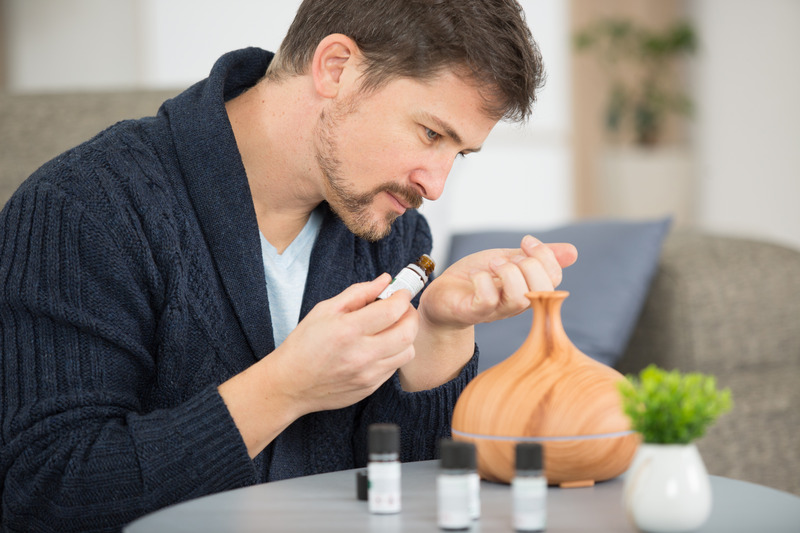
Sleep apnea can cause sleepless nights and leave you feeling exhausted during the day. For many long-term sufferers, options seem limited, so they’ll do anything to find some normalcy and get back to sleep. If you’re one of these patients, you may be exploring natural remedies like essential oils. But can these really help with sleep apnea? Continue reading to learn the potential benefits of essential oils and how they might complement traditional sleep apnea treatments.
What Are Essential Oils?
Essential oils are concentrated plant extracts obtained through processes like distillation and cold pressing of leaves, stems, flowers, roots, and resins. These oils have been used for centuries as natural aromatics and have also played a role in various traditional medicine practices. They are most well-known for their therapeutic purposes, including promoting relaxation and supporting mental clarity.
How Can Essential Oils Help with Sleep Apnea?
While essential oils are by no means a replacement for traditional sleep apnea treatments, some research suggests that they can be used supplementally. For example, a study from the Kermanshah University of Medical Sciences shows that peppermint, lavender, and jasmine are effective at improving sleep quality.
Which Essential Oils Should I Use for Sleep Apnea?
Certain essential oils, like those mentioned above, are believed to support better sleep and improve breathing. Here are a few options that you can try:
- Eucalyptus: Known for its decongestant properties, eucalyptus oil may help open up nasal passages, making breathing easier.
- Lavender: This calming oil promotes relaxation and may help you fall asleep more easily.
- Peppermint: With its anti-inflammatory effects, peppermint oil may reduce swelling in your sinuses.
- Thyme: Some studies suggest thyme oil can improve respiratory function, especially when used in a diffuser.
How Can I Use Essential Oils for Sleep Apnea?
Treatments like CPAP machines and oral appliances are irreplaceable as your primary form of sleep apnea relief. However, if you want to use essential oils as a supplemental therapy, here’s how you can use them safely:
- Diffusion: Add a few drops of oil to a diffuser to spread the aroma throughout your room.
- Steam Inhalation: Combine a few drops of oil with hot water and inhale the steam for a few minutes.
- Topical Application: Mix essential oils with a carrier oil (like coconut) and apply it to your chest or neck.
Always use essential oils as directed and consult your doctor before adding them to your routine!
Essential oils may complement traditional sleep apnea treatments by reducing stress and congestion, but they shouldn’t be relied on as a cure. If you’re considering using essential oils, talk to your trusted sleep expert to ensure they’re safe and effective for your specific needs. With the right approach, you can breathe easier and enjoy more restful nights!
About the Author
If you’re looking for sleep disorder solutions in Cumming, Dr. Jennifer Sherwood Bragg has the skills and the knowledge to help you rest easy. She earned her dental doctorate from the Medical College of Georgia School of Dentistry. Today, she works closely with many other local sleep experts to help her patients get restorative rest and peace of mind. Call (470) 281-9905 to schedule a consultation at Sleep Forsyth Dental Sleep Medicine or visit our website to learn more.

